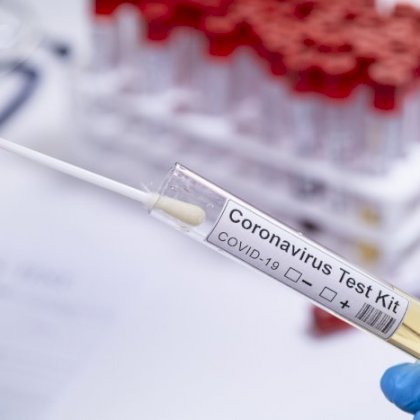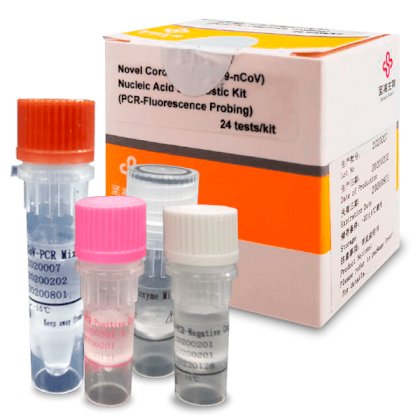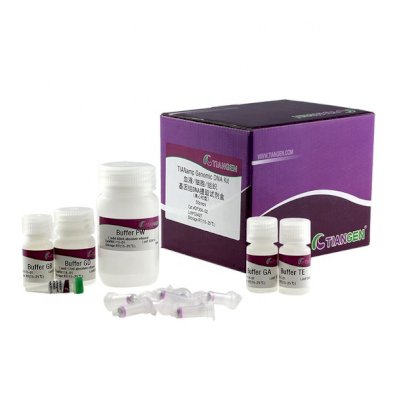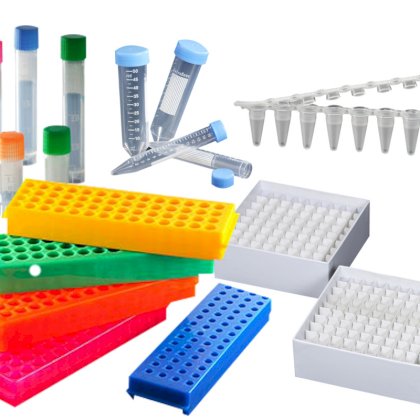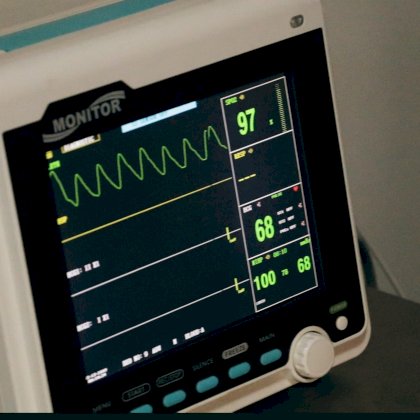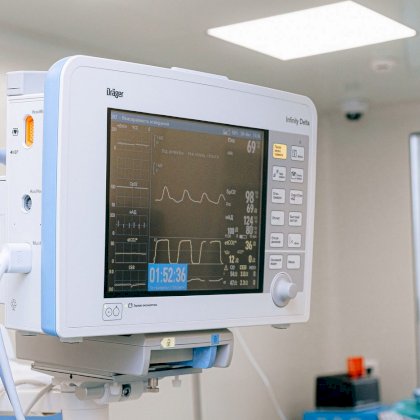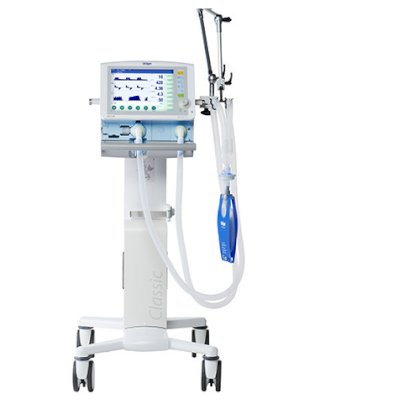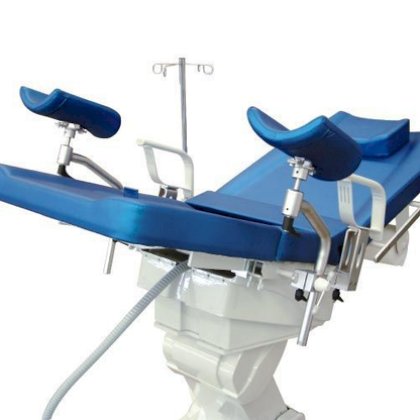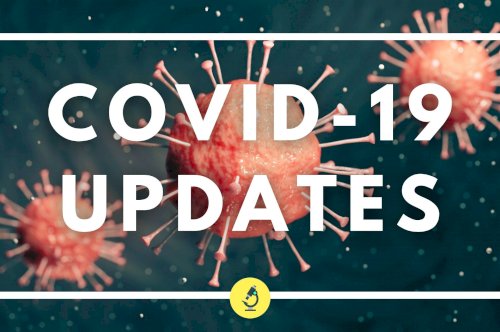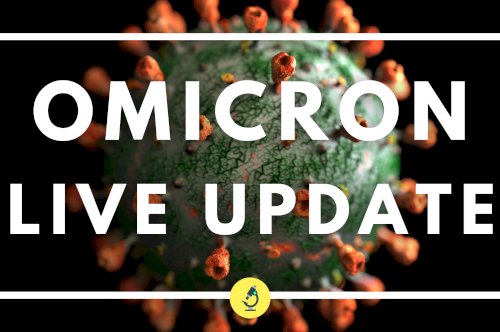How effective is COVID-19 vaccines against Delta variant?

Delta variant of coronavirus is eight times less sensitive to antibodies generated by vaccines, a new study claims. This could mean that Covid-19 vaccines are eight times less effective against the Delta variant compared to the original strain of SARS-CoV-2 first detected in China's Wuhan.
Findings of the study assert that the Delta variant is both more transmissible and better able to evade natural immunity mounted by the immune system of recovered Covid-19 patients.
Titled "Sars-Cov-2 B.1.617.2 Delta Variant Emergence and Vaccine Breakthrough: Collaborative Study", the study was conducted on more than 100 healthcare workers (HCWs) at three centres in India, including Delhi's Sir Ganga Ram Hospital. Scientists from Cambridge Institute of Therapeutic Immunology and Infectious Disease were also part of the study.
Researchers found that Delta was the dominant strain among fully vaccinated healthcare workers infected with Covid-19. The respiratory viral loads were also higher in the cases of these healthcare workers compared to those diagnosed with non-Delta variants.
The Delta variant generated greater transmission among the fully vaccinated healthcare workers, the study found.
"Increased replication could be responsible for generating greater numbers of virus particles, or the particles themselves could be more likely to lead to a productive infection," says the study.
While severe infection was rare among infected healthcare workers, scientists say breakthrough transmission clusters in hospitals associated with the Delta variant are a matter of concern. Breakthrough transmission, in this case, refers to instances of fully vaccinated healthcare workers testing positive for the Delta variant of Covid-19.
The study, which is yet to be submitted for peer-review, goes on to say that the Delta variant of the virus has enhanced spike proteins. This enables the virus to attach itself to the epithelial cells found in the lungs and infects more people compared to the Wuhan strain.
"In the absence of published data on the transmissibility of the Delta variant, we predict that this variant will have a transmission advantage relative to Wuhan-1 with D614G in individuals with pre-existing immunity from vaccine/natural infection as well as in settings where there is low vaccine coverage and low prior exposure," findings of the study read.
Delta variant in India:
The Delta variant of SARS-CoV-2 was first identified in Maharashtra in late 2020 and has since spread throughout India. It has now displaced the B.1.1.7 or Alpha variant to become the dominant strain in the country.
Delta variant of coronavirus has already been labelled as a 'variant of concern' by the World Health Organisation (WHO). The WHO has confirmed the presence of the Delta variant in as many as 100 countries.
In India, the Delta variant was identified as one of the key drivers of the second wave of Covid infections that devastated parts of the country earlier this year. This latest study now suggests that re-infection and increased transmissibility played a significant role in the spread of the Delta variant of Covid-19.
"Dominance of the Delta variant in India has been most likely driven by a combination of evasion of neutralising antibodies in previously infected individuals and increased virus infectivity," the collaborative study claims.
Chairperson of the Institute of Clinical Microbiology and Immunology at Delhi's Sir Ganga Ram Hospital, Dr Chand Wattal told news agency PTI, "From this study, it appears that we have miles to go before we sleep in case of Covid-19 pandemics. These mutations are bound to happen if we lower our guard and allow ourselves to fall prey to this virus, giving it an opportunity to multiply."
Source: India Today

